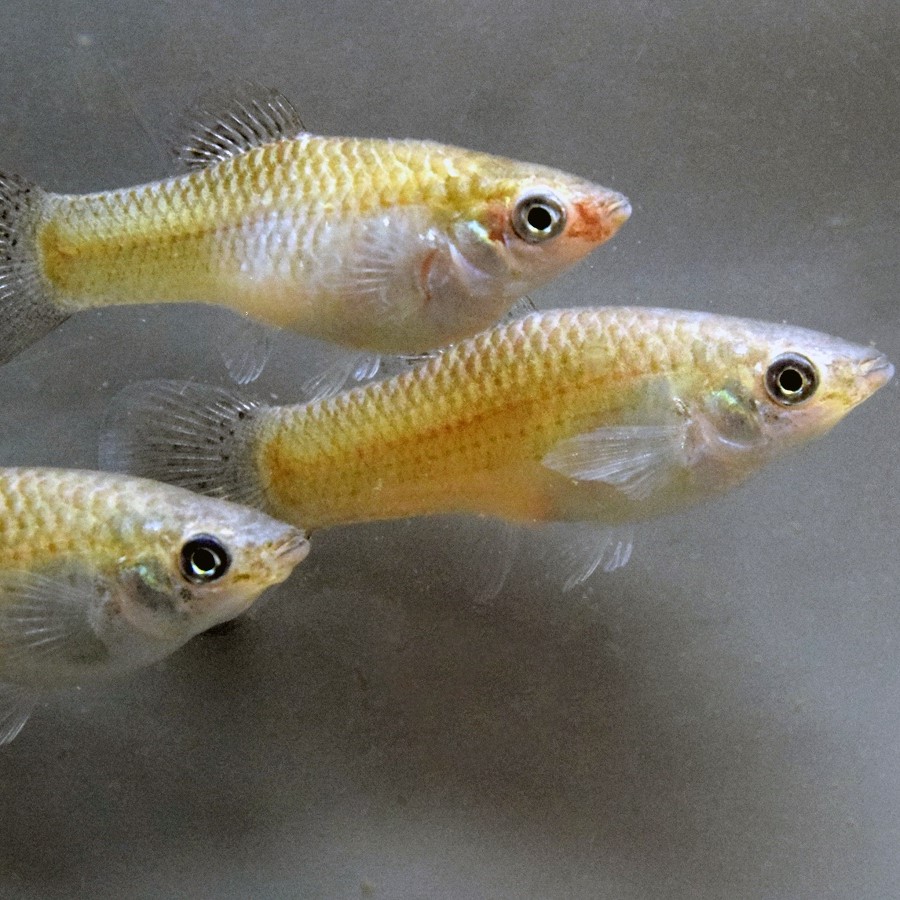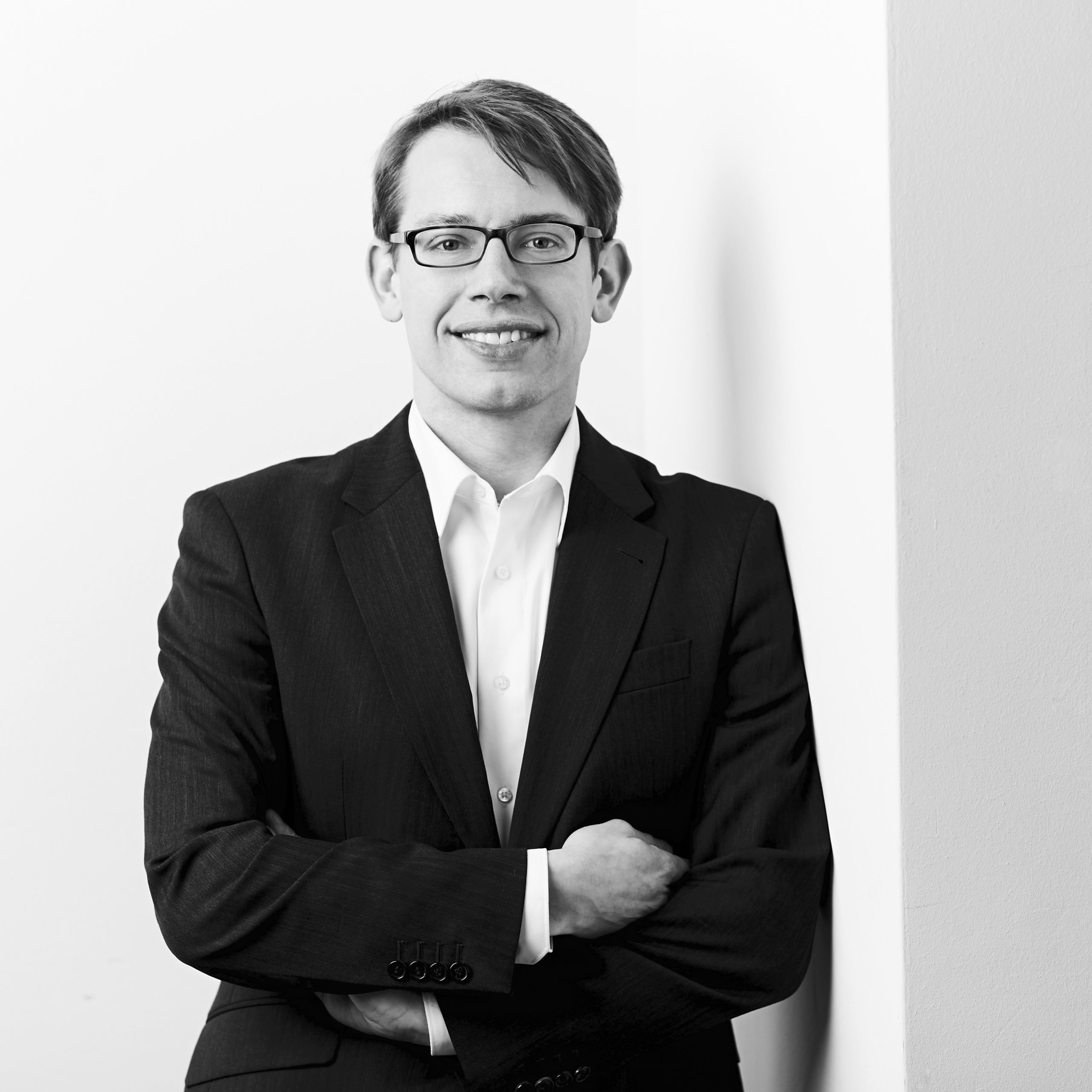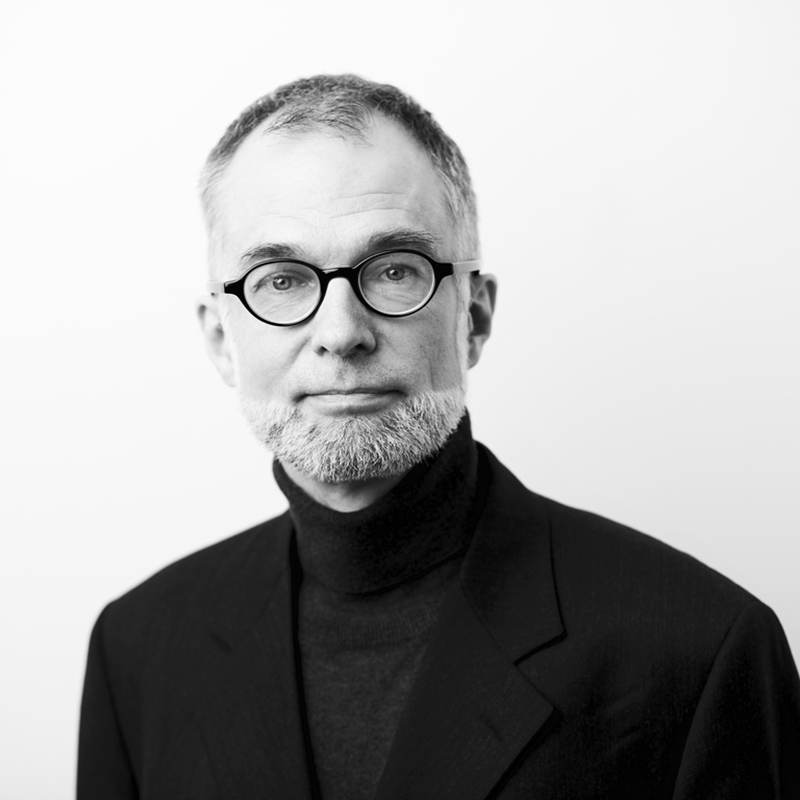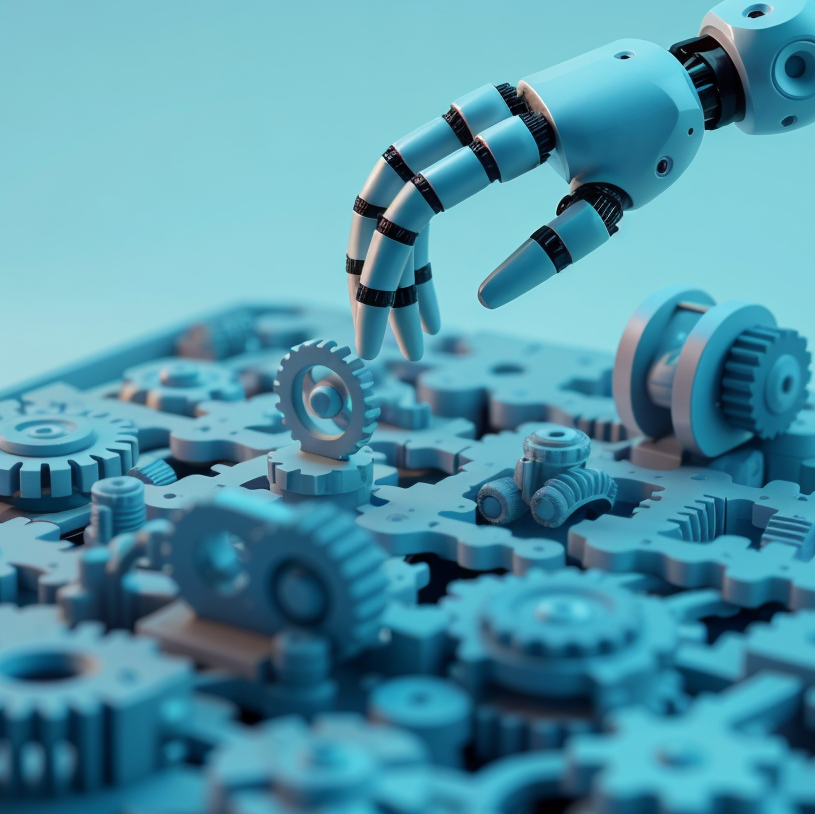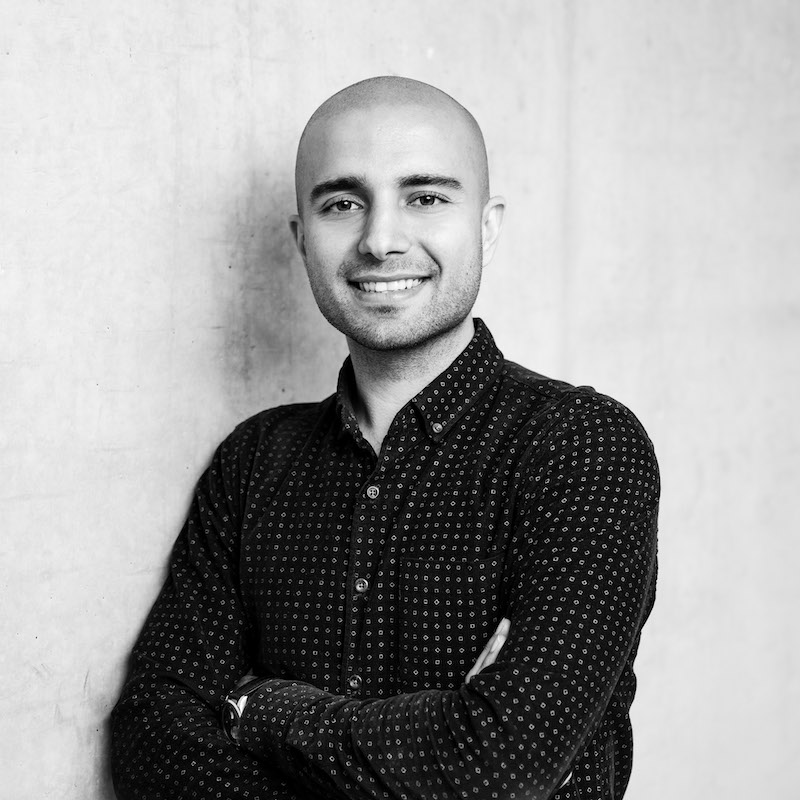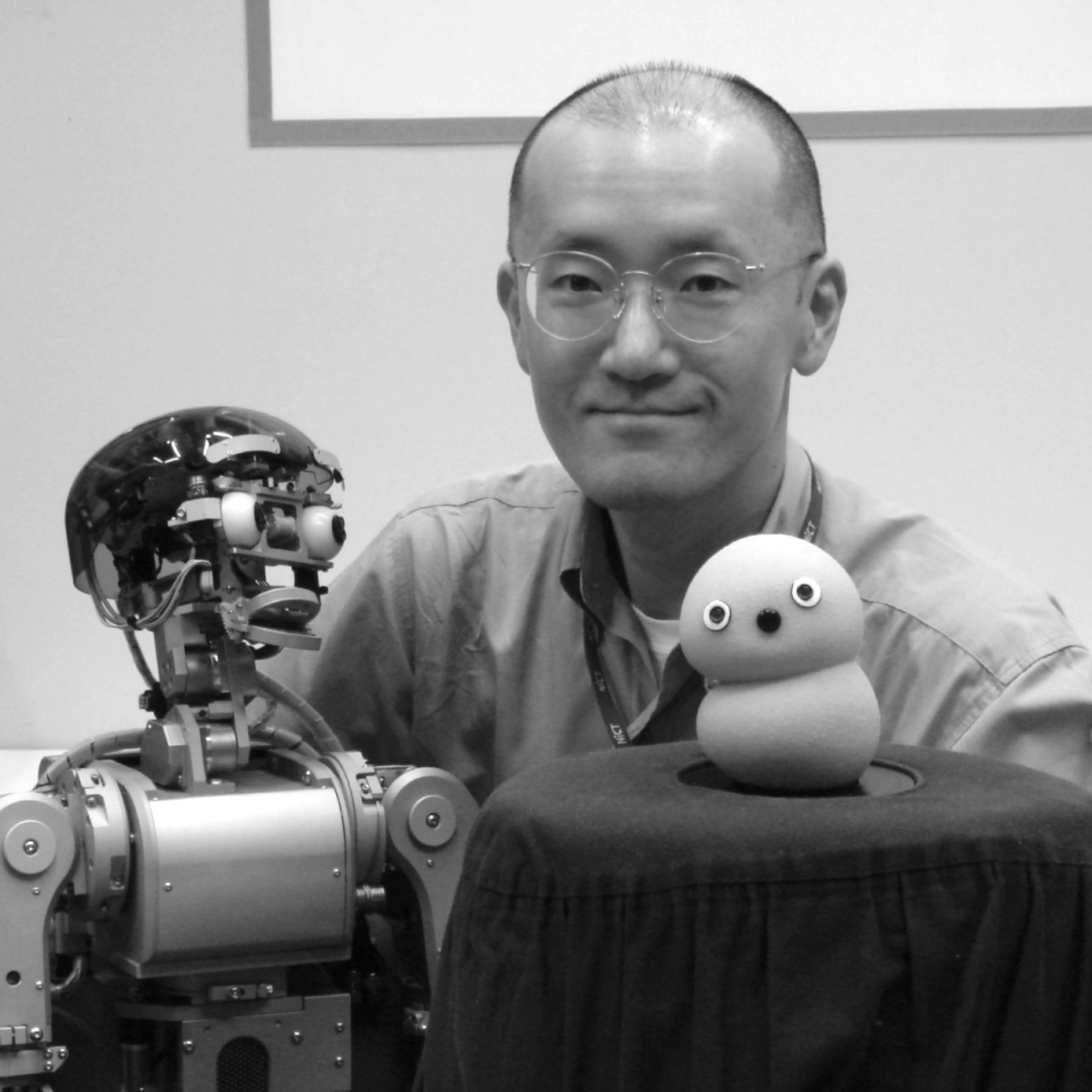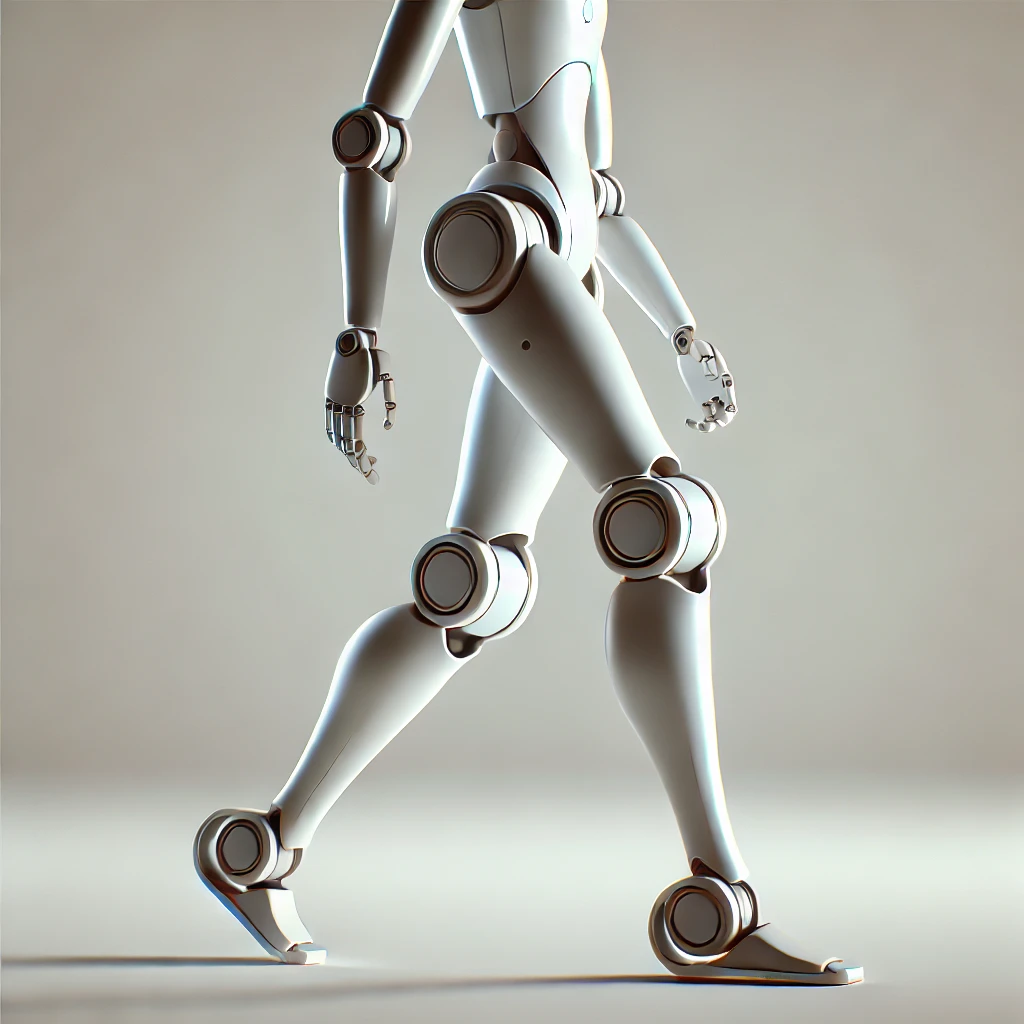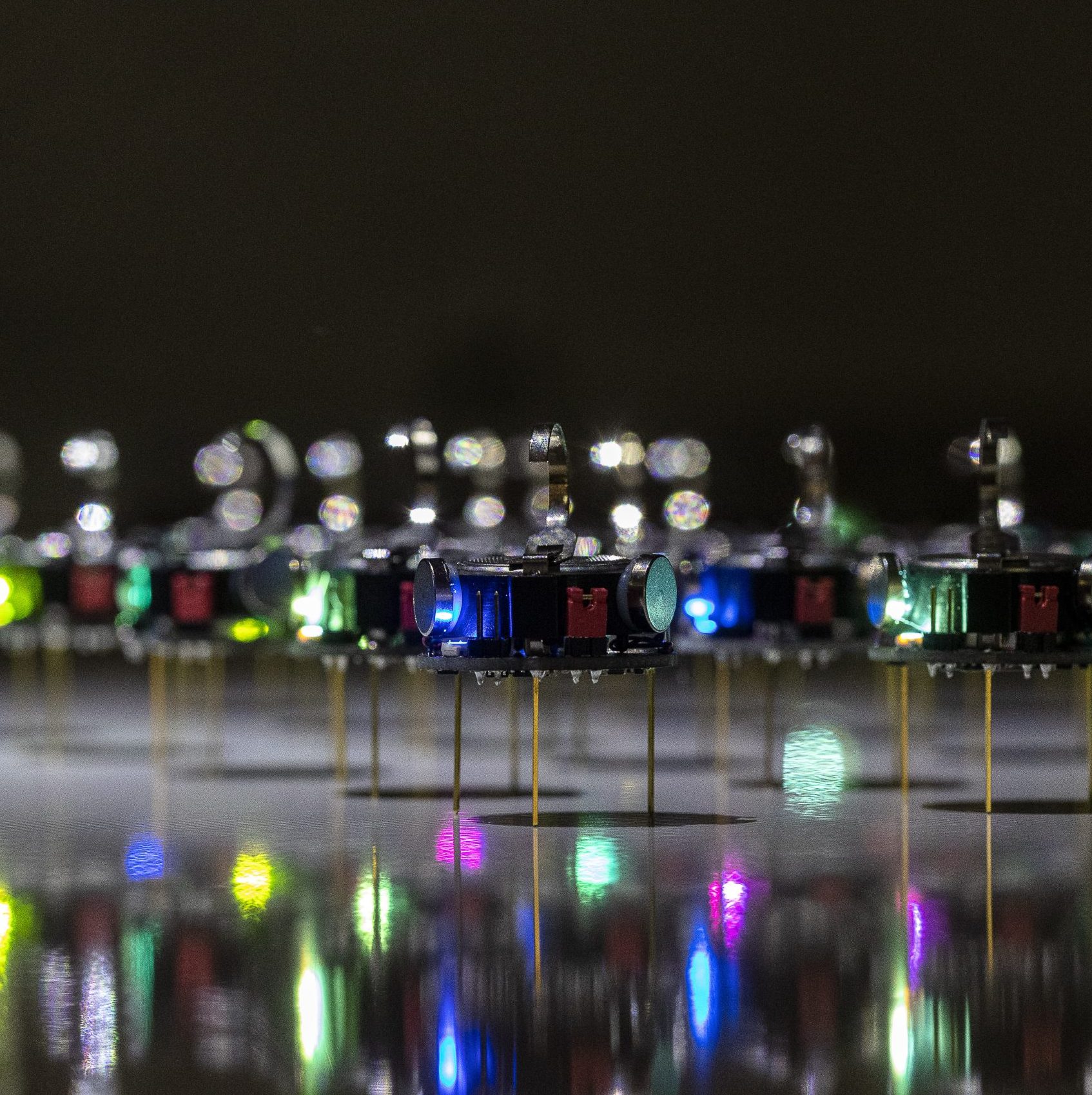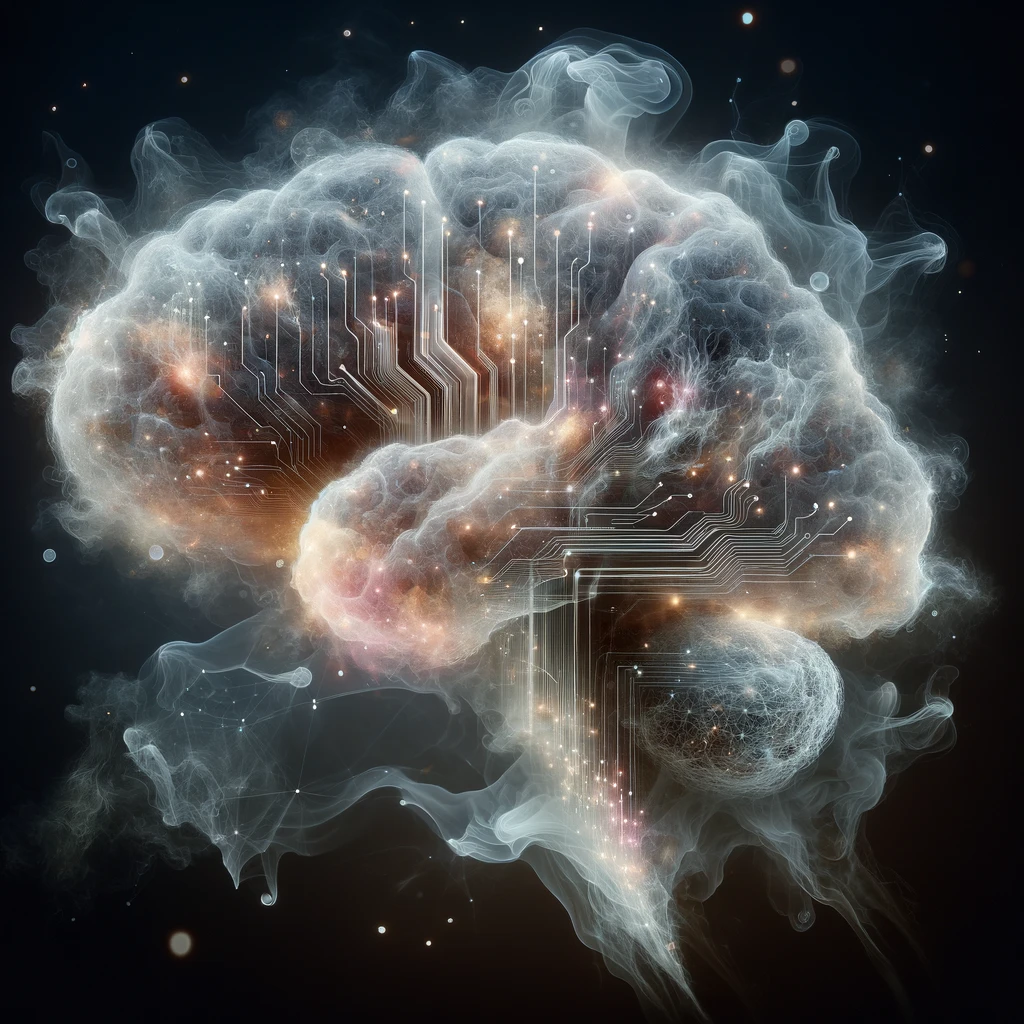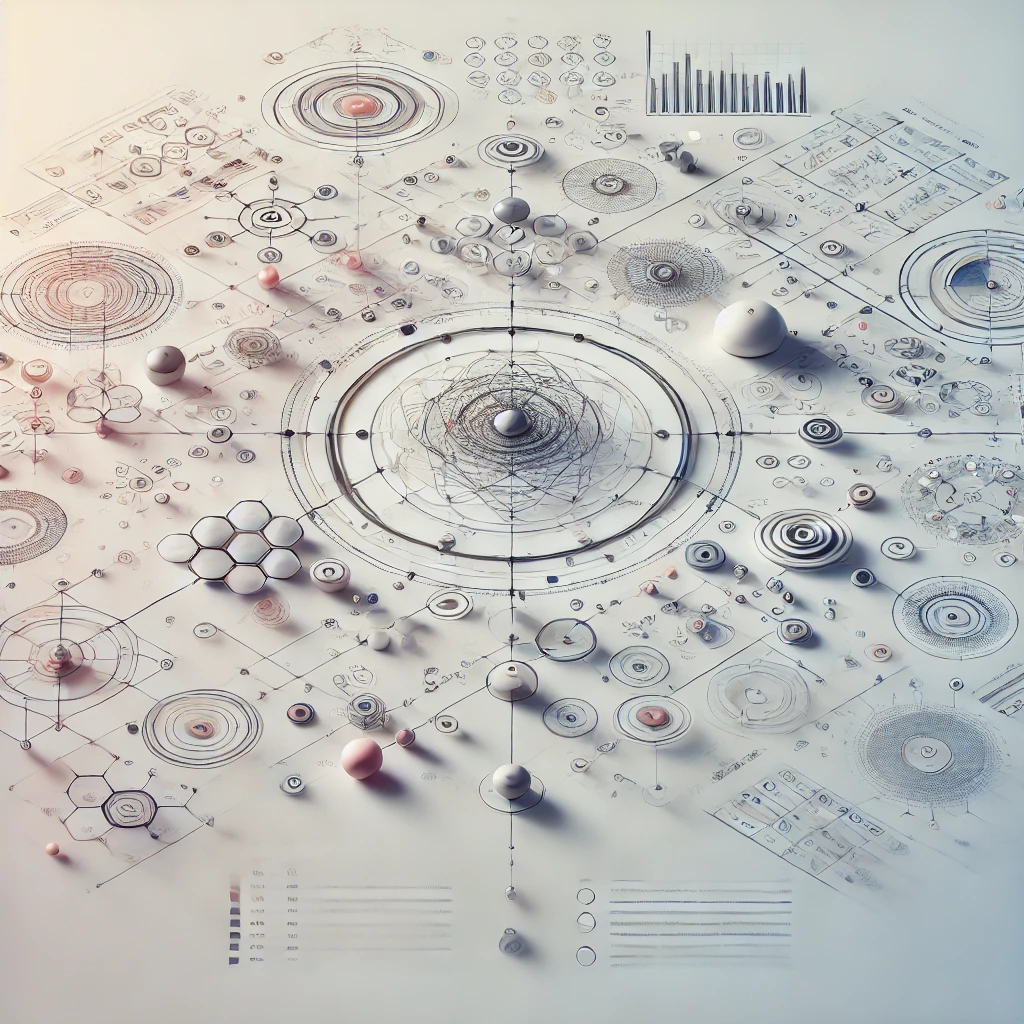
POSTPONED: Karoline Wiesner (University of Potsdam), “Introduction to Complexity Science: Part I”
SCIoI, Marchstraße 23, 10587 Berlin, Room 2.057Karoline Wiesner has been a Professor of Complexity Science at the Institute for Physics and Astronomy since 2021 and also serves as an external professor at the Complexity Science Hub Vienna. She earned her Ph.D. in Physics at Uppsala University and spent her postdoctoral years at the Santa Fe Institute in New Mexico and the
